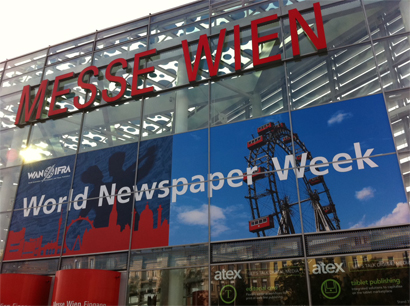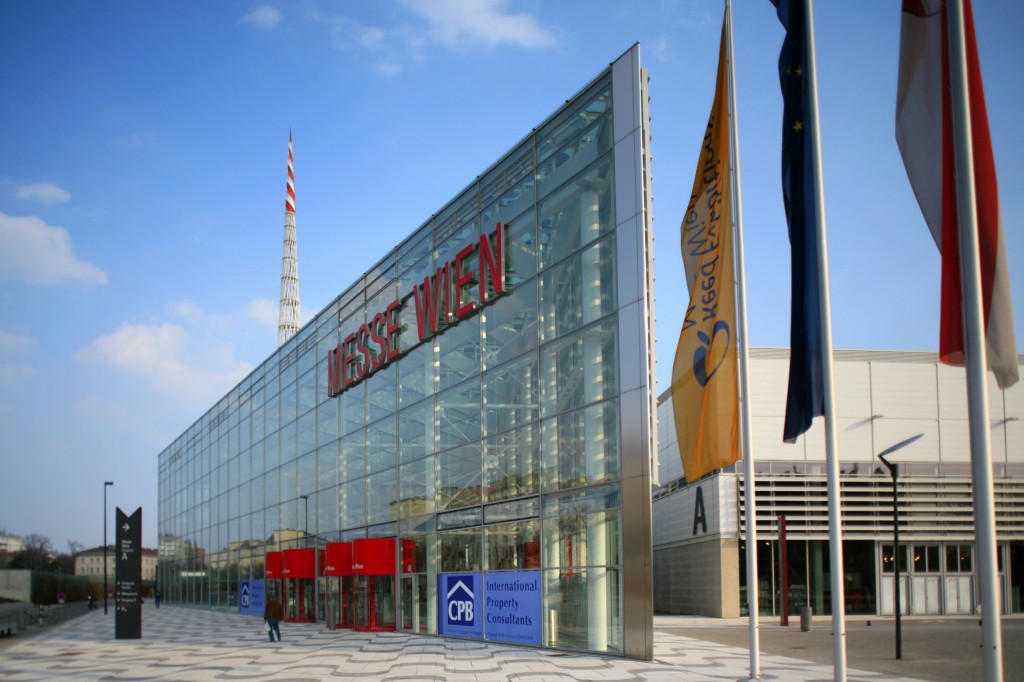Today’s session on tablet applications at the World Editors Forum featured a fantastic presentation by Mario Garcia, CEO and founder of Garcia Media, who ran through 10 incredibly useful lessons to learn when creating news apps.
They are repeated below as he listed them (and are also posted on his blog):
1. Tell stories across platforms. “We must think in terms of a media quartet”.
2. What the tablet is. “A tablet goes beyond, to create an immersive experience, not a newspaper, not an online edition, not television, yet has the abilty to fulfil the role of all these platforms together”.
3. The lean-back platform. “You have got an audience that’s relaxed, but not that relaxed. At any point they want to know what’s happening now”.
4. What the tablet is not. “It is not a replication of the print/online experience”
5. Covering three tracks. “Users want their newspaper tablet apps to have the three main tracks of curated edition, news updates and e-readers”.
6. The tablet and design. “You have to make it sophisticatedly simple”.
7. Create those pop-up moments. “This is not a newspaper. When you design for tablet you design for the eye, finger and the brain and all have to be entertained simultaneously.”
8. Pay attention to the essentials. “Start with a good sense of navigation, make sure the user knows how to go from point A to point C or Z and make sure you give people ability to share.”
9. Make it functional. “Remember what people are using it for. They come to read, they come to read long, they come to read short. Need to train people in art to write mini story.”
10. You must consider a curated edition. Have an editor to curate the edition.


